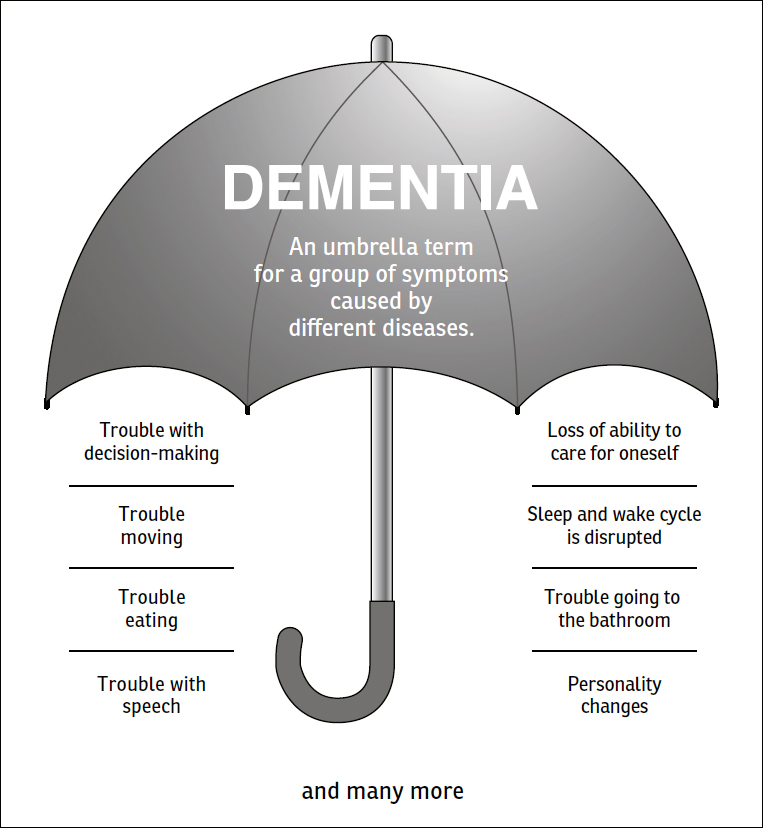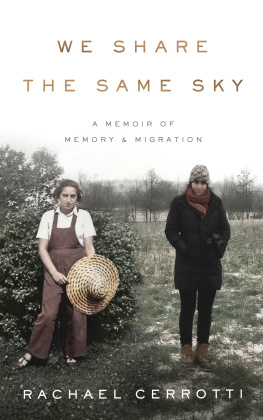Rachael Wonderlin - Creative Engagement
Here you can read online Rachael Wonderlin - Creative Engagement full text of the book (entire story) in english for free. Download pdf and epub, get meaning, cover and reviews about this ebook. year: 2020, publisher: Johns Hopkins University Press, genre: Home and family. Description of the work, (preface) as well as reviews are available. Best literature library LitArk.com created for fans of good reading and offers a wide selection of genres:
Romance novel
Science fiction
Adventure
Detective
Science
History
Home and family
Prose
Art
Politics
Computer
Non-fiction
Religion
Business
Children
Humor
Choose a favorite category and find really read worthwhile books. Enjoy immersion in the world of imagination, feel the emotions of the characters or learn something new for yourself, make an fascinating discovery.

- Book:Creative Engagement
- Author:
- Publisher:Johns Hopkins University Press
- Genre:
- Year:2020
- Rating:4 / 5
- Favourites:Add to favourites
- Your mark:
- 80
- 1
- 2
- 3
- 4
- 5
Creative Engagement: summary, description and annotation
We offer to read an annotation, description, summary or preface (depends on what the author of the book "Creative Engagement" wrote himself). If you haven't found the necessary information about the book — write in the comments, we will try to find it.
Creative Engagement — read online for free the complete book (whole text) full work
Below is the text of the book, divided by pages. System saving the place of the last page read, allows you to conveniently read the book "Creative Engagement" online for free, without having to search again every time where you left off. Put a bookmark, and you can go to the page where you finished reading at any time.
Font size:
Interval:
Bookmark:
Creative Engagement
A Johns Hopkins Press Health Book
A HANDBOOK OF ACTIVITIES FOR PEOPLE WITH DEMENTIA
Rachael Wonderlin
With Geri M. Lotze, PhD

Note to the Reader: This book is not meant to substitute for medical care, and treatment should not be based solely on its contents. Instead, treatment must be developed in a dialogue between the individual and his or her physician. This book has been written to help with that dialogue.
2020 Johns Hopkins University Press
All rights reserved. Published 2020
Printed in the United States of America on acid-free paper
9 8 7 6 5 4 3 2 1
Johns Hopkins University Press
2715 North Charles Street
Baltimore, Maryland 21218-4363
www.press.jhu.edu
Library of Congress Cataloging-in-Publication Data
Names: Wonderlin, Rachael, 1989 author.
Title: Creative engagement : a handbook of activities for people with dementia / Rachael Wonderlin. With Geri M. Lotze, PhD.
Description: Baltimore : Johns Hopkins University Press, 2020. | Series: A Johns Hopkins Press health book | Includes bibliographical references and index.
Identifiers: LCCN 2019023261 | ISBN 9781421437279 (hardcover) | ISBN 9781421437286 (paperback) | ISBN 9781421437293 (ebook)
Subjects: LCSH: DementiaPatientsCare. | DementiaPatientsRecreation. | DementiaPatientsRehabilitation. | Adult day care centersActivity programs.
Classification: LCC RC521 .W628 2020 | DDC 616.8/31dc23
LC record available at https://lccn.loc.gov/2019023261
A catalog record for this book is available from the British Library.
The image on unless otherwise noted.
Special discounts are available for bulk purchases of this book. For more information, please contact Special Sales at .
Johns Hopkins University Press uses environmentally friendly book materials, including recycled text paper that is composed of at least 30 percent post-consumer waste, whenever possible.
For David, for all your love and support
Creative Engagement
What Are Dementia-Friendly Activities?
When we talk about dementia-friendly environments or activities, we are talking about items that meet the physical and emotional needs of adults living with dementia. One of my main goals when creating dementia-friendly activities is to offer ways to engage adults with dementia that is fun and challenging but not childish. We want to be able to live in the world of the person with dementia rather than trying to drag them into ours.
The goal of this book is to provide ideas for activities that you can do with your loved one or resident who has dementia. As I wrote this, I kept in mind activity directors, recreation therapists, families, professional caregivers, dementia care directors, and more. I have worked in a number of different care communities, and I have always noticed the same thing: activities are the lifeblood of a dementia care environment. The community can be beautiful, clean, and full of residents, but when those residents have nothing to do, the environment is severely lacking. Bored residents are unhappy residents. Bored residents will also fall more often, get into more arguments, become depressed, eat less, and overall enjoy life less. The happiest communities that I have seen are ones that have full, engaging activity calendars. The staff is happier, the residents are happier, and the residents families are happier.
Creative engagement is one of the organizing principles that caregivers need to keep in mind when planning activities for someone with dementia. Although it is a clich that every person is different, its important to remember that dementia is different in every person .
The same concept works at home. Just because someone with dementia lives at home does not mean that they are inherently happier than someone who lives in a care community. I have often heard caregiver children say that the reason they do not want to move their parent into a care community is because their parent loves being at home. While Mom or Dad may love home, if they have nothing to do there, they will become just as depressed and bored as someone who lives in a boring care community.
In many of the chapters that follow I offer activities for those in a community setting as well as those at home. I recommend reading both sections, even if your loved one lives at home and wont be moving or even if you work in senior housing and dont intend on switching to home care. I share stories from both sides of the aisle because that may help you when creating a new activity or if you do eventually consider relocating a loved one.
There is much research looking at best practices for caring for a loved one with dementia. Scholars in the fields of psychology, social work, gerontology, nursing, occupational therapy, and even environmental gerontology have researched quality care and activities. So while I speak from experience, I am grateful that the scientific community is helping us all develop a greater understanding of what works, and sometimes what does not work, in caring for persons living with dementia from all walks of life. When relevant, I cite these sources as well.
Daily engagement is much more than just a nice activity calendar and a good activity staff. Its about the lifestyle that you offer inside of your house or at a senior living community. From morning to night, adults with dementia should be offered a life that is interesting, fun, and similar to the one that they always lived. No one wants to feel as though their life is unimportant or inconsequential. It is our job, as caregivers, to provide people with dementia with an opportunity to continue living a life worth living.
BACKGROUND
What Is Dementia?
Before we begin talking about activities for people with dementia, we need to first review what dementia is. While many people work with loved ones or clients who have dementia, they may not necessarily be able to describe what the term dementia actually means. Dementia is a group of symptoms that can be caused by many diseases and causes cognitive loss over time (Mace & Rabins, 2017). This can be a confusing definition: what does cognitive loss over time mean? Isnt dementia just another form of Alzheimer disease? No, and heres how I often explain it: when I describe dementia, I talk about it the way we talk about cancer. For example, if you were to go to the doctor and the doctor told you that you had cancer, you wouldnt say, Okay, thanks, and then leave. You would probably ask, What type of cancer is it? This likewise applies when a doctor says your loved one has dementia. You should ask the doctor, What form of dementia is it? Unfortunately, most people leave the physicians office with more questions than they went in with. They do not know to ask about the cause of the dementia, assume it means something to do with memory loss, and head out the door.
Dementia is an umbrella term (), much like cancer is an umbrella term. There are more than seventy different causes of dementia. I have had people say things to me like I know what Alzheimers is, but what is dementia? They assume because the two words are often used in the same sentence that they are different things. But just as cancer is the umbrella term and breast cancer is the specific type of cancer, so dementia is the umbrella term, and Alzheimer disease is the specific cause or form of dementia.

Font size:
Interval:
Bookmark:
Similar books «Creative Engagement»
Look at similar books to Creative Engagement. We have selected literature similar in name and meaning in the hope of providing readers with more options to find new, interesting, not yet read works.
Discussion, reviews of the book Creative Engagement and just readers' own opinions. Leave your comments, write what you think about the work, its meaning or the main characters. Specify what exactly you liked and what you didn't like, and why you think so.





